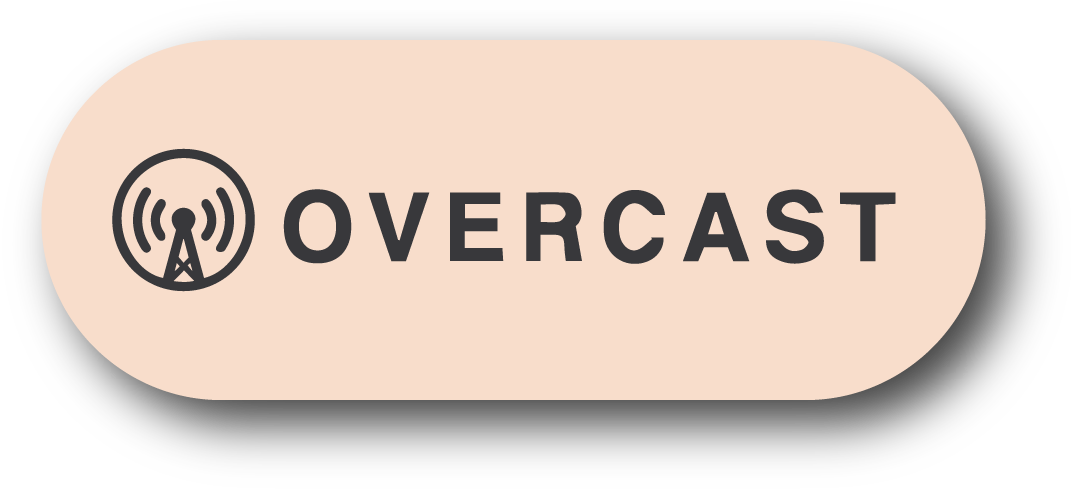#458 - BRYAN ZABONICK, Vice President of Delivery at BQE
SUMMARY
This week David and Marina of FAME Architecture & Design are joined by Bryan Zabonick, Vice President of Delivery at BQE. The three discussed Bryan’s professional background, tips to improve architecture business practice, fee structures, communicating with clients, contracts, invoices, budgets, managing overhead costs, architects undervaluing their service, and more. Enjoy!
ABOUT BRYAN
Bryan has over 15 years of experience assisting profession service firms in the Achitecture & Engineering sector optimize their business operations through technology, process improvement, and strategic guidance. Bryan has served as a consultant implementing enterprise firm software, worked as a Director of Operations for a professional service firm, and currently leads a team of software consulting professionals assisting customers implement new firm management solutions. His background and expertise span financial management, project management and accounting, and firm-wide process transformation.
TIMESTAMPS
(00:00) Bryan’s professional background.
(04:40) Improving business practices.
“The first thing I ask is, what's your time tracking? Do you track time? Do you have it in at least on a weekly basis? What is the expectation? I've worked with some firms where they stop entering time when they hit budget. That’s one of the worst things you can do to get visibility into your project and business. Because if they’re stopping when they hit the budget, they have no idea where and how much is overspent. This prevents us from [figuring out down the track], “Hey, last time we proposed $10,000, but we actually spent $12,000 of equivalent effort. Maybe we should propose [for more budget] on the next round and see if we can capture more revenue.” (06:05)
(14:05) Fixed fee vs hourly fees
(26:29) Contract & communicating with clients.
“We have to give our customer the roadmap. I use the analogy that the customer is the driver, and we are the passenger who has the map. They have no idea where we are going. They are relying solely on our expertise to navigate them through this process. A lot of clients don't know the different phases of a project, what to expect at each phase, or that there could be delays. It’s about setting a realistic expectation. [Otherwise, it’s as if the passenger who is guiding us suddenly says, “Oh, you're supposed to turn left now.” And you're three lanes over from where you're supposed to turn. You get anxious and you're like, “Oh my gosh, why don't you tell me that two miles ago? I could have merged over!” (28:04)
(31:30) Invoicing.
(37:52) When should businesses engage consultants?
(43:53) Cash flow vs profit.
(52:17) Scaling an office
“If you’re not tracking your win rate, it is hard to know what service lines you should invest in. If you’re winning 20% of projects from educational buildings and you’re winning 80% of projects on new high-rise buildings, you should maybe stop pursuing the educational projects and focus on the high-rise. Or you could take a step back and say, “What are we doing wrong on the educational design that is not having us win at a higher rate?” I can look at a balance sheet once a month and give you some metrics based on it. But what is ultimately driving the balance sheet and the firm’s success is what's happening on the projects. That's where I think you're doing the firm a disservice if you're not looking at that.” (56:18)
(58:16) Line of credit & reserves.
(01:02:11) Overhead costs.
(01:06:35) Architects undervalue service.
“[Architects] are afraid [of charging a high invoice amount]. They think, “I can't send that invoice to the client. They're not going to pay that.” They automatically start writing things off instead of sending the invoice. Maybe the client does pay, and if not, then you say, “Hey, I hear you. We want to be a good business partner to you. What if we knock that from $15,000 to $13,000?” The client is going to feel you just did them a favor because they see the favor. Because if the client doesn't know they're receiving the discount, it’s not there. You just hacked your bill rates and didn't really get the benefit of [the clients knowing you gave them a discount out of goodwill].” (01:11:25)
(01:14:17) Final advice.












